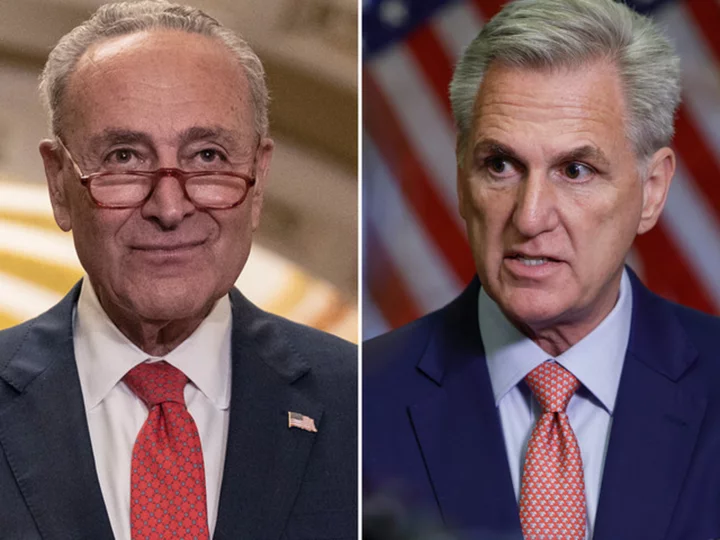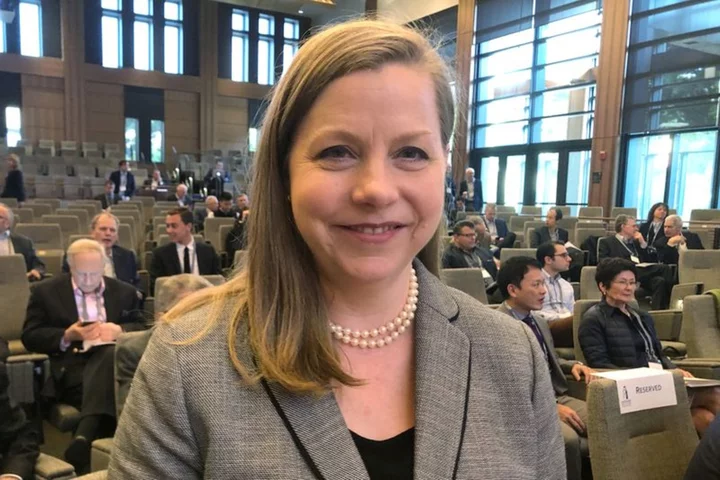Japan’s consumer inflation slowed in July in line with the central bank’s view that price growth has peaked, an outcome that supports its case for retaining a stimulative policy stance.
Consumer prices excluding fresh food rose 3.1% from a year ago, decelerating from 3.3% in the previous month, the internal affairs ministry reported Friday. The figure matched analysts’ expectations.
The nationwide result was consistent with data for Tokyo, a leading indicator that earlier showed a modest slowdown as falls in energy prices deepened.
In its latest Outlook report, the Bank of Japan raised its price growth forecast for this fiscal year to 2.5% after inflation proved stickier than expected in recent months. But officials continued to see inflation slowing below 2% in the coming years, underscoring their view that upward price pressure will keep weakening in coming months.
What Bloomberg Economics Says...
“The BOJ raised its fiscal 2023 CPI forecast and tweaked its yield-curve policy at its July meeting. Any uptick in prices of items unrelated to cost-push factors would surely catch its eye. Our analysis has shown demand factors are playing a bigger-than-expected role in driving inflation.”
— Taro Kimura, economist
For the full report, click here.
Friday’s result may temper market speculation that the BOJ might consider a shift away from its ultra-easy monetary stance toward the end of the year. Such notions got a boost after Governor Kazuo Ueda jolted markets last month by modifying the bank’s control of bond yields. Ueda emphasized after the meeting that the policy tweak wasn’t meant to be a step toward normalization but rather a move to make its stimulus more sustainable.
Still, prices excluding energy and fresh food increased 4.3% from the previous year, accelerating from the pace in June and matching the record set in May, which was the fastest since 1981. That underscores the strength of the deeper inflation trend.
(Adds details from the report)









